Managing blood sugar can feel like a daily challenge, but nature might offer a helping hand with something as simple as guava leaves. For those looking to support their wellness journey, guava leaves have been used traditionally and studied for their potential to help maintain healthy blood sugar levels. This article explores how guava leaves may support blood sugar control, how to use them safely, and what science says about their benefits—perfect for health-conscious Americans seeking natural options.

Understanding Blood Sugar and Natural Support
Blood sugar levels can fluctuate due to diet, stress, or underlying conditions like diabetes, impacting energy and overall health. According to the CDC, maintaining stable blood sugar is key to feeling your best and supporting long-term wellness. While medical treatments are essential, natural remedies like guava leaves are gaining attention for their potential to complement a healthy lifestyle. Guava leaves, rich in bioactive compounds, have been used in traditional practices and are now being studied for their role in blood sugar management.
The Science Behind Guava Leaves
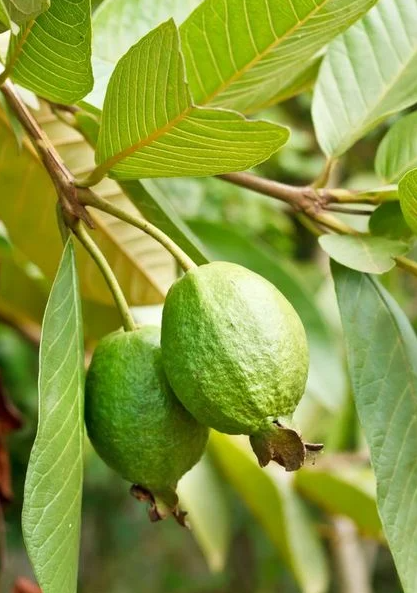
Guava leaves, from the tropical guava tree, are packed with nutrients and compounds like quercetin, flavonoids, and fiber that may benefit blood sugar control. Research suggests these leaves could play a role in supporting metabolic health. Here’s what makes guava leaves stand out:
-
Antioxidant Power: Quercetin and other antioxidants in guava leaves may reduce oxidative stress, which can affect blood sugar regulation, per a study in Phytotherapy Research.
-
Carbohydrate Absorption: Some studies, like one in Nutrition & Metabolism, suggest guava leaf extract may slow the absorption of sugars in the digestive system.
-
Insulin Sensitivity: Research from the Journal of Ethnopharmacology indicates guava leaves may support insulin function, helping cells use glucose more effectively.
-
Anti-Inflammatory Effects: Chronic inflammation can disrupt blood sugar balance, and guava leaves’ anti-inflammatory properties may help, according to WebMD.
While promising, these findings are not a substitute for medical advice, but they highlight guava leaves as a potential natural aid.
How to Use Guava Leaves for Blood Sugar Support
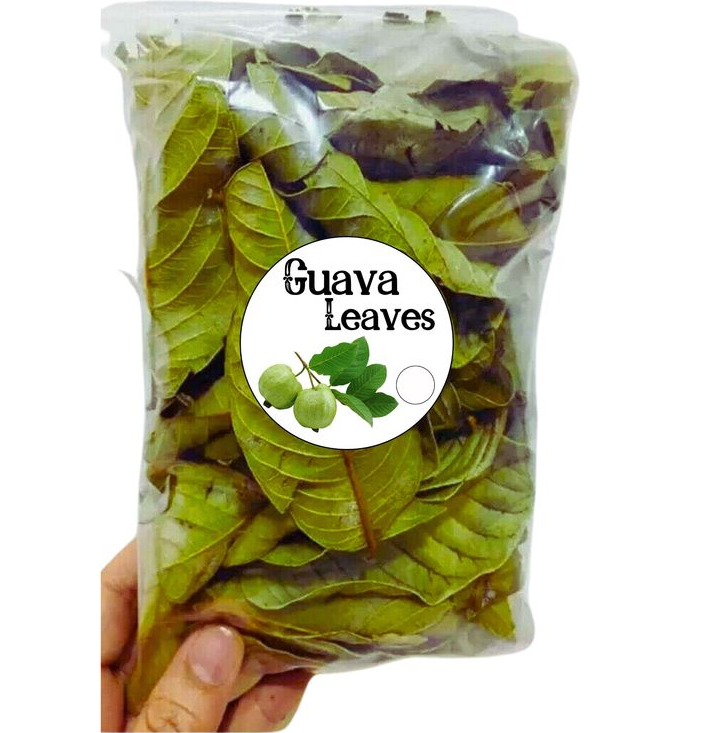
Incorporating guava leaves into your routine is simple and can be done through a soothing tea. Here’s an easy recipe to make guava leaf tea at home:
Ingredients:
-
5–7 fresh guava leaves (or 1 tsp dried guava leaf powder)
-
2 cups water
-
Optional: 1 tsp honey or a slice of lemon for flavor
Instructions:
-
Rinse fresh guava leaves thoroughly to remove any dirt.
-
Boil 2 cups of water in a saucepan, then add the leaves.
-
Reduce heat and simmer for 10–12 minutes until the water takes on a light green or brownish hue.
-
Strain the tea into a cup, discarding the leaves. Add honey or lemon if desired.
-
Sip slowly, ideally once a day, preferably after a meal.
Frequency: Start with 1 cup daily for a week to see how your body responds, then adjust based on your doctor’s advice. Store any leftover tea in the fridge for up to 24 hours.
Tip: If using dried leaves, ensure they’re from a reputable source to avoid contaminants. Share this recipe with a friend who loves natural wellness ideas!
Safety Tips for Using Guava Leaves
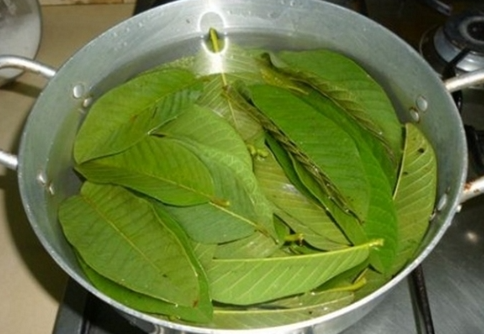
While guava leaves are generally safe for most people, they should be used thoughtfully to avoid side effects. Here are key precautions:
-
Consult Your Doctor: If you have diabetes or take blood sugar medications, guava leaves may enhance their effects, potentially causing low blood sugar, warns the Mayo Clinic.
-
Start Small: Begin with a small amount (e.g., half a cup of tea) to monitor for digestive upset or allergic reactions.
-
Avoid Overuse: Drinking too much guava leaf tea may lead to mild stomach discomfort, per the National Center for Complementary and Integrative Health.
-
Source Carefully: Use fresh or organic dried leaves to avoid pesticides or additives.
-
Not for Everyone: Pregnant or nursing individuals should avoid guava leaf tea unless cleared by a healthcare provider.
By following these tips, you can safely explore guava leaves as part of your wellness routine.
Lifestyle Habits to Support Blood Sugar Control
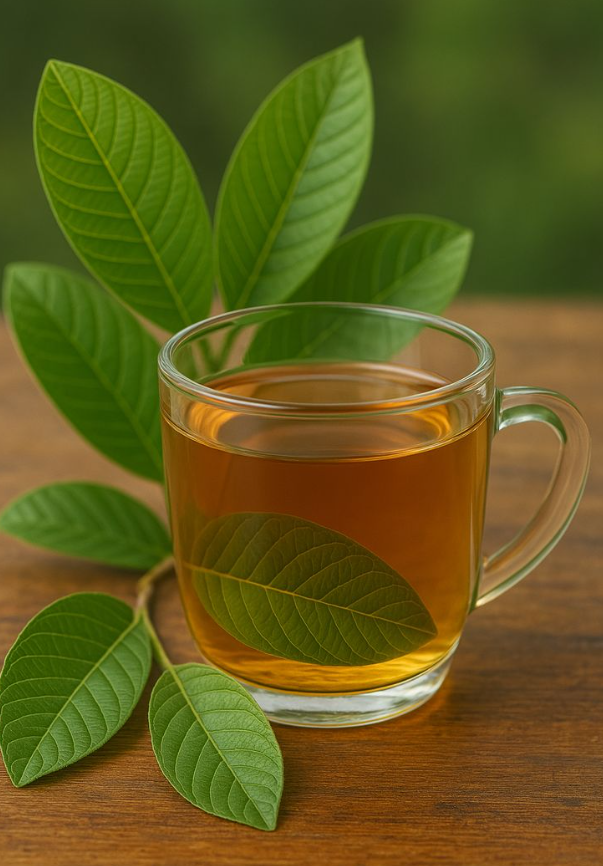
Guava leaves can complement, but not replace, a holistic approach to blood sugar management. Incorporate these evidence-based habits for better results:
-
Eat Balanced Meals: Focus on whole foods like vegetables, lean proteins, and whole grains to stabilize blood sugar, recommends the CDC.
-
Stay Active: Aim for at least 150 minutes of moderate exercise weekly, like brisk walking, to improve insulin sensitivity, per Harvard Health.
-
Monitor Portions: Eating smaller, frequent meals can prevent blood sugar spikes, notes the American Diabetes Association.
-
Manage Stress: Practices like deep breathing or meditation can lower stress hormones that affect blood sugar, according to WebMD.
-
Regular Checkups: Work with your doctor to monitor blood sugar levels and adjust your care plan as needed.
Combining guava leaf tea with these habits can support your journey toward healthier blood sugar levels.
Who Can Benefit from Guava Leaves?
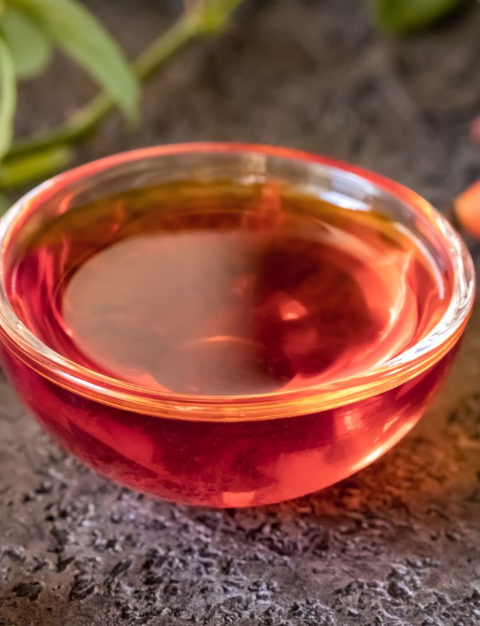
Guava leaf tea may be a great addition for:
-
Health-Conscious Adults: Those looking to support blood sugar naturally as part of a balanced lifestyle.
-
People with Prediabetes: Guava leaves may help maintain healthy glucose levels, but only under medical supervision.
-
Fans of Natural Remedies: If you enjoy herbal teas like chamomile or peppermint, guava leaf tea fits right in.
-
Busy Individuals: The tea is quick to prepare, making it ideal for those with packed schedules.
However, guava leaves may not be suitable for everyone. If you have low blood pressure, kidney issues, or are on medications, consult your doctor first, as guava leaves can interact with certain drugs, per the National Institutes of Health.
Why Natural Remedies Feel Empowering
Adding guava leaves to your routine is more than just a health choice—it’s a way to take charge of your wellness with nature’s help. Brewing a cup of guava leaf tea can feel like a small, nurturing ritual, offering a moment of calm in a busy day. Plus, knowing you’re using a traditional remedy backed by science can boost your confidence in making healthy choices.
Comment below with your favorite way to enjoy guava leaf tea or share your own blood sugar-friendly tips!
Addressing Common Questions

You might be wondering about practical details, so let’s cover a few common questions:
-
Can I use guava fruit instead? While guava fruit is nutritious, it doesn’t have the same concentrated compounds as the leaves for blood sugar support.
-
Where can I find guava leaves? Fresh leaves may be available at specialty grocery stores or farmers’ markets, while dried leaves can be purchased online from trusted retailers.
-
Will it work immediately? Guava leaves are not a quick fix; benefits may take weeks of consistent use alongside a healthy lifestyle, per research in Phytotherapy Research.
-
Can I combine it with other herbs? Stick to guava leaves alone until you know how your body responds, then consult a doctor before mixing with herbs like cinnamon or fenugreek.
These answers can help you feel more confident about trying this remedy.
Final Thoughts
Guava leaves offer a natural, accessible way to support blood sugar control, making them a valuable addition for health-conscious individuals. While they’re not a replacement for medical care, their potential to promote stable glucose levels, combined with a healthy lifestyle, can make a difference. Brewing a cup of guava leaf tea is a simple step toward wellness that feels both empowering and soothing.
Explore more health tips on our site to keep your wellness journey thriving! Your healthiest self is worth the effort.
Disclaimer: This article is for informational purposes only and does not substitute professional medical advice. Consult your doctor before making health changes.